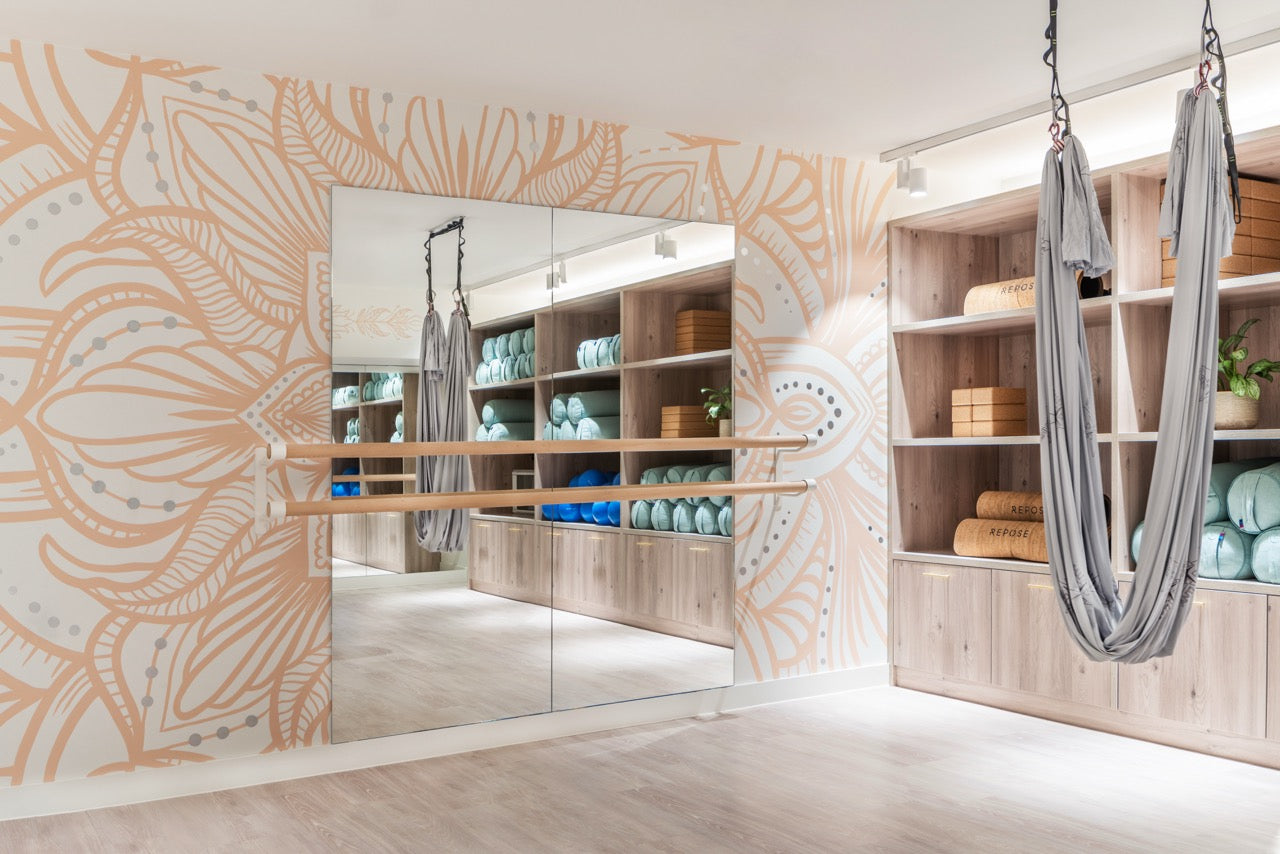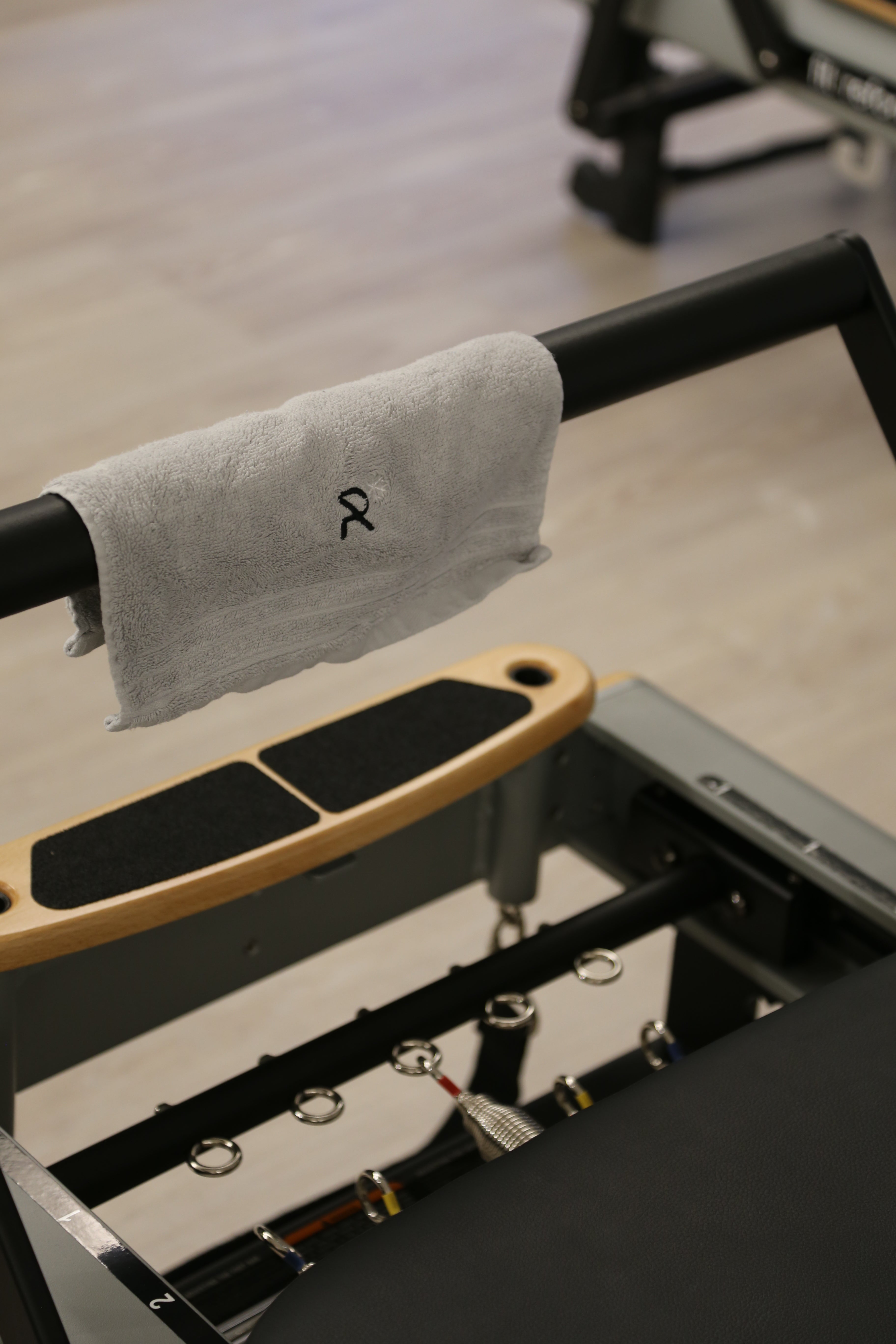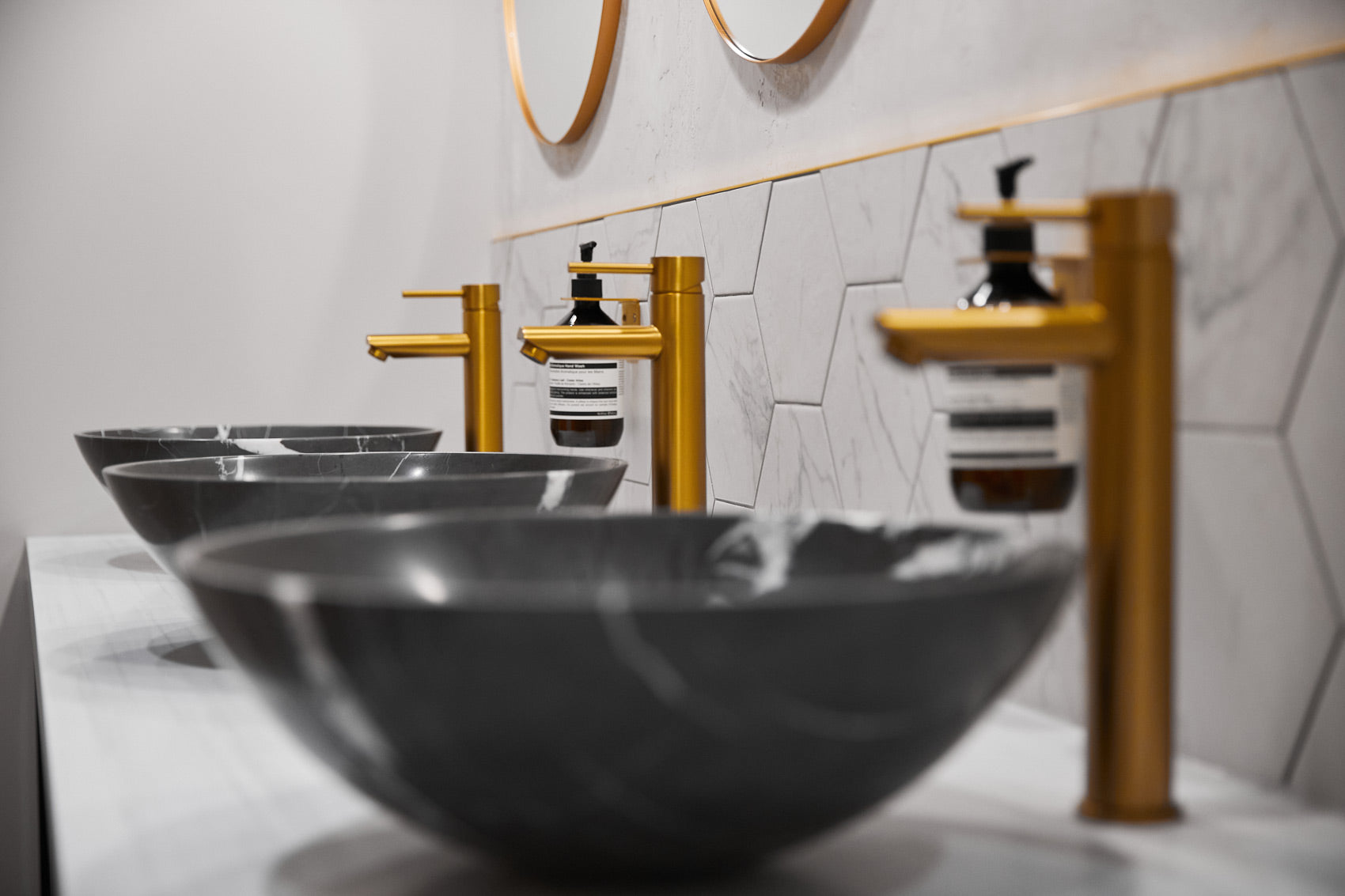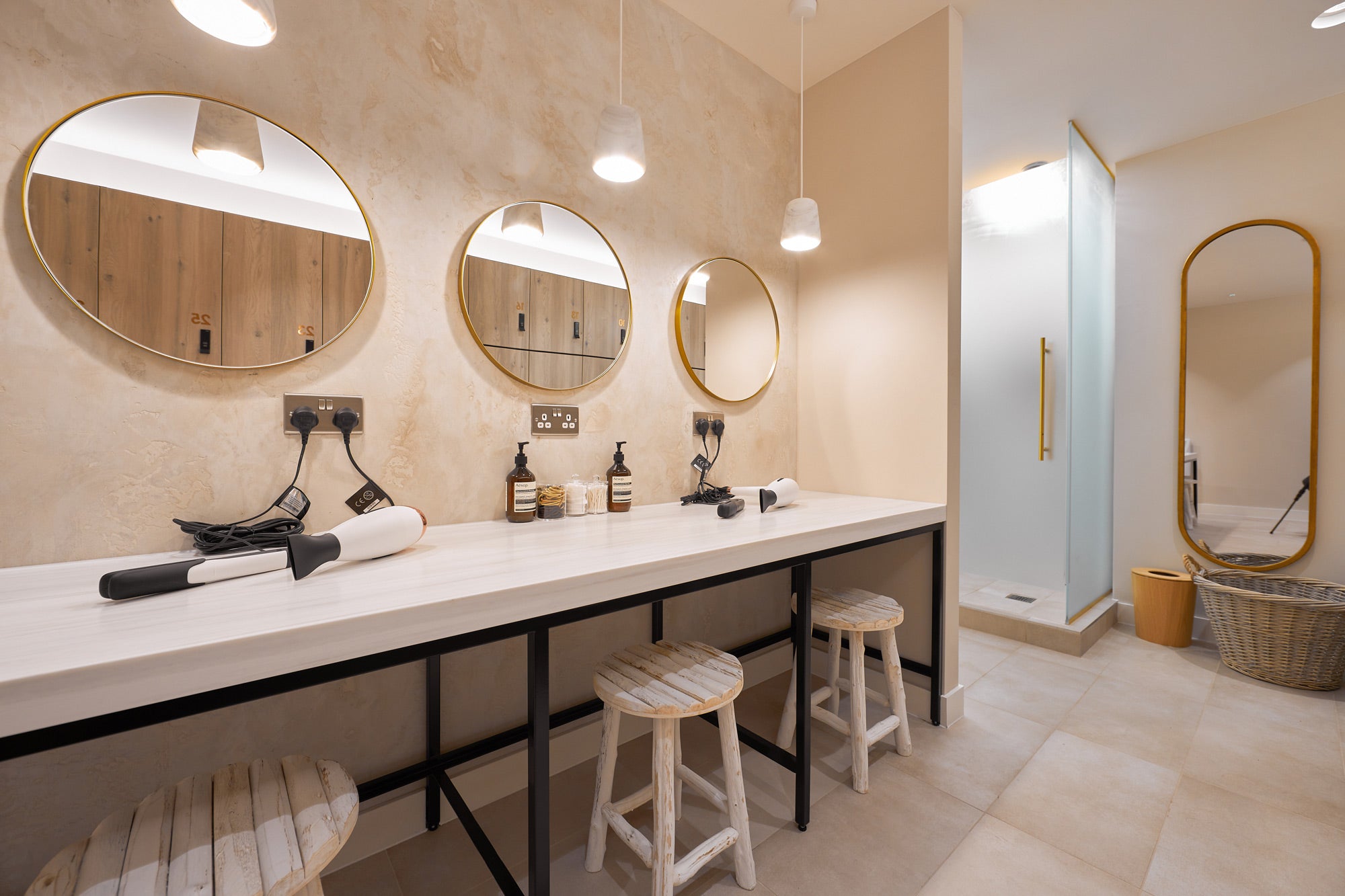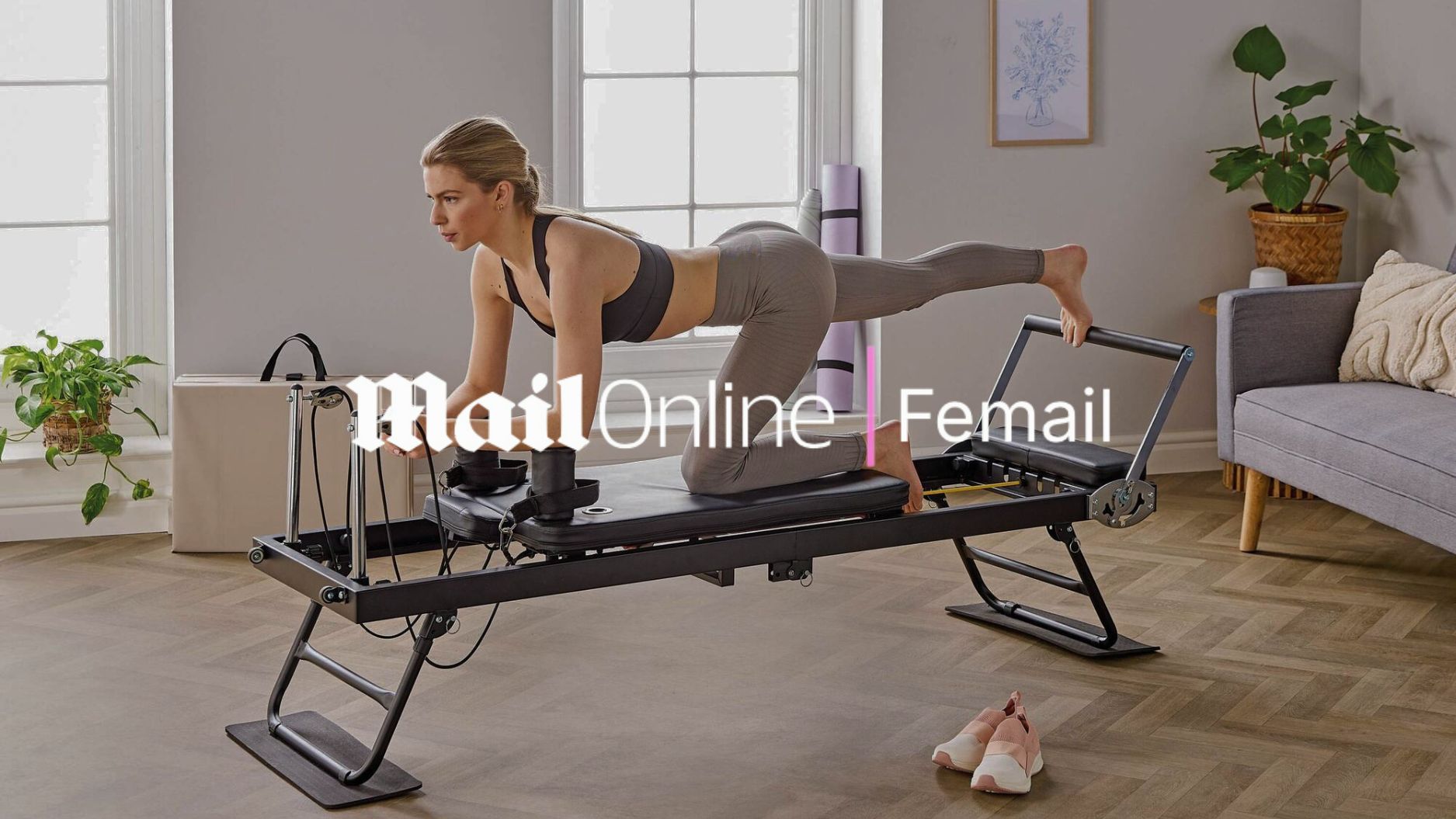
Pilates instructors reveal their safety fears over 'flimsy' Aldi reformer bed
Some of the UK's top personal trainers have revealed why they have safety fears over Aldi's reformer Pilates beds.
The budget supermarket caused a frenzy by putting the piece of gym equipment - which usually costs upwards of £2,000 - on sale for less than £150 - at stores across the UK this weekend.
Queues of fitness enthusiasts queued up to get their hands on a bed - with fights even breaking out in the middle aisle of some stores.
Since, hundreds of people have taken to TikTok to share their thoughts on the budget bed - with people praising its price but saying it's smaller and less durable than more expensive models.
However, some of the UK's leading Pilates instructors have shared their fears over the bed, urging people to make sure they have proper instruction before using it.
Aimee Victoria Long, one of London's top personal trainers, said that the bed has its pros - including the low price point.
'It's significantly less expensive than premium reformers, making it accessible for beginners or those on a budget,' she told Femail.
'However, the bed is lower quality and perhaps not as durable as high-end reformers.
'Users have reported that the machine can feel 'slightly wobbly' during vigorous movements, and the resistance bands may lack the smoothness of traditional springs, she added.
'Also I assume the strength of these bands doesn't match that of springs'.
An Aldi spokesperson said: 'Our reformer Pilates machine is independently tested to meet relevant safety standards and is designed to provide a reliable at-home workout solution.
'Customer safety is always our priority, and we understand the growing interest in home-based fitness so are pleased to be able to offer accessible options that don't compromise on quality.'
Aimee, who teaches Pilates, barre, strength & conditioning, and functional training to various celebrity clients also said that the bed is a struggle for taller user.
'The reformer's size may not comfortably accommodate users taller than 5'9', potentially limiting the range of exercises - however, the machine folds for easy storage and includes transport wheels, ideal for home use in limited space.
'The bed's features are also adjustable and claim to cater for anyone up to 6ft 3in.'
A huge difference with the bed and a typical Pilates bed is that it uses rubber bands rather than springs.
'The use of rubber resistance bands instead of metal springs may affect the machine's longevity and resistance consistency over time,' she added.
Aimee also added that it's 'beginner friendly' so great for people starting their Pilates journey - however, this can mean people aren't doing the exercises correctly.
Sophie Hatton, a Classical Pilates expert and founder of Pilates Works & Reformer Retreats added there may be safety concerns over the new model.
'Pilates is undeniably having a moment - but not all reformers are created equal.
'There's a vast difference between Reformer-inspired fitness and true classical Pilates, as Joseph Pilates intended,' she told Femail.
'At professional Pilates studios, reformer equipment is engineered for precision - solid, heavy and designed to support the integrity of the practice.
'The new Aldi model may be budget-friendly, but its lightweight frame and elastic bands in place of spring resistance raise immediate concerns around safety, effectiveness, and durability.
'Without proper resistance, stability or instruction from a fully trained teacher you're not doing Pilates - you're just pulling on bands.'
'To become a Classical teacher takes over 100 hours of in-studio education and more than 650 hours of self-practice, observation and rigorous testing.
'This is a profession rooted in depth, not a passing fitness trend.
'Authentic Pilates strengthens where you're weak, improves alignment and restores balance - it's a transformative method, not just a workout.
'Whether joining a studio or working online, choose your equipment and teacher wisely. It makes all the difference.'
Cara Farrell, a reformer Pilates instructor based in Leeds, added that 'It's great to see reformer Pilates becoming more accessible'.
'Aldi's price point makes it possible for people to practice at home who might not afford regular studio classes'.
'It's also a handy option for newly qualified instructors wanting to refine their teaching.
'That said, reformer Pilates is a technical practice.
'Instructors go through extensive training to learn anatomy, safety, and how to correct form, these are things that are hard to self-teach at home.
'Without that knowledge, using a reformer can be risky.
'The Aldi reformer bed looks neat, but the carriage movement and spring system seem a little flimsy, not as smooth or sturdy as professional models.
'I'd also be concerned about the stability of the legs during use.
'If you're thinking about buying one, make sure you've had proper reformer experience first, ideally with a trained instructor.
'Do your research, watch tutorials, and always double-check the setup for safety. It's a great option if you know what you're doing, but not something to jump into without experience.
Rebecca Dadoun, Pilates instructor & founder of Pilates Prescription echoed the safety concerns of other instructors.
'As much as I want Pilates to be accessible to everyone for recovery, strength, and mental clarity I do have real safety concerns when it comes to budget Reformers like the Aldi one,' she said.
'Tick points are that an at home reformer makes reformer Pilates more accessible, it's compact and home friendly and may encourage more movement but these machines aren't built to the same standards as studio Reformers (as per the reviews), and without professional supervision, the risk of injury is higher especially for beginners or anyone already managing pain or postnatal recovery.
'I've had many clients come to me already injured from large group 'Reformer' classes, so the idea of people using even less stable equipment at home, with no guidance, is worrying.
'This isn't about gatekeeping movement it's about moving safely.
'Even the springs on these machines are essentially resistance bands they're not the same as a studio spring.
'If one of those flings off mid exercise, I'd be seriously concerned about the outcome.
'Movement should support your body, not put it at risk.
'And sometimes, the simplest starting point like mat Pilates with props is actually the smartest and safest.'
Charlie Hollinshead, Founder of Blanc Space Studios in Fulham added: 'As a qualified pilates instructor, I always recommend taking classes in person, as without guidance from a trained professional, it's difficult to know whether your form and alignment are correct. This can impact both the effectiveness of the workout and your safety.
'That said, I think the Aldi reformer bed is a brilliant option for making pilates more accessible to a wider audience.
'Reformer sessions can be expensive and often limited to boutique studios, so having a lower-cost alternative at home opens up the practice to more people.'
'My advice for anyone using it at home would be to try and take classes in person to learn the basics of reformer Pilates and then subscribe to a reputable online platform offering structured reformer classes. That way, you're not just improvising!'
Tina Traina, SPIRIT Product Head at David Lloyd Clubs has stated: 'The scarcity of Aldi's limited-stock middle aisle item along with social media influence has created a surge in demand for Reformer Pilates. Reformer beds offer a highly effective workout; however, they are designed with multiple moving parts and adjustable component and so should be performed on a good quality bed with a thorough introduction from an expert instructor.
Without proper guidance or instruction, using the bed could increase the risk of injury due to poor form or misuse. Even small adjustments in alignment or movement can significantly improve the effectiveness of an exercise in Pilates. That's why guided sessions are especially important for beginners. This doesn't only ensure safety but helps users engage correct muscle groups more deeply and efficiently. Just as with owning fitness equipment at home but still choosing to attend gym classes, the value of professional support is still rewarding and beneficial'.
Reformer Pilates has seen a substantial boom in the recent years with many enjoying the strengthening and body sculpting benefits of the low impact form of exercise that uses spring-loaded equipment for resistance.
Nuno Campos, Head of Fitness, Repose Space told Femail: 'The main benefits of Pilates include improved core strength, flexibility, posture, and overall body awareness. Pilates exercises focus on controlled movements, breathing techniques, and alignment, which can help enhance muscle tone, balance, and coordination.
'Additionally, it can help alleviate back pain, reduce stress, and enhance mental well-being. At Repose Space, we are launching a new Reformer and Chair Pilates combo class next month that offers a full-body workout that challenges strength, flexibility, and balance in new and exciting ways.
'I'd always recommend practicing Pilates in a studio with a certified instructor who can provide personalised guidance and real time feedback.
' However, doing Pilates at home can also be beneficial, especially for those with busy schedules or limited access to a studio. Pilates at home allows for greater flexibility in scheduling and can be a convenient way to maintain a consistent practice. However, it is important to ensure that you have a good understanding of the exercises and proper form to avoid injury.Are there pitfalls to people doing Pilates at home - particularly on a Reformer bed?
'There are potential pitfalls to doing Pilates at home, particularly on a Reformer bed, without proper guidance. Without the supervision of a qualified instructor, in a small group or 1-2-1 setting, individuals may perform exercises incorrectly, leading to ineffective results or potential injury. It's vital to have a solid foundation in Pilates principles and techniques before attempting advanced exercises on a Reformer bed at home. about?
'When practicing Pilates at home, especially on a Reformer bed, issues can include using the equipment incorrectly, maintaining proper alignment, and avoiding overexertion. It is essential to ensure that the equipment is set up properly and in good condition to prevent accidents.
'Additionally, individuals should listen to their bodies, modify exercises as needed, and avoid pushing beyond their limits to prevent strain or injury
'For Reformer Pilates at home, I'd always recommend that individuals have prior experience with Pilates and are familiar with basic exercises and principles. It is advisable to start with beginner-level classes or sessions in a studio to learn proper technique, alignment, and equipment usage before transitioning to Reformer Pilates at home.
'Having a solid foundation and understanding of Pilates fundamentals will help ensure a safe and effective home practice. I personally would recommend at least one session a week with a qualified instructor building a program that one can repeat alone at home.
Physiotherapist, Pilates Expert, and founder of Core LDN, Claire Mills, said she 'wasn't a fan' of the machine.
'On first thoughts for those who cannot afford reformer Pilates classes or one of the more sturdy at home reformer versions this does seem appealing. However I'm not a fan for the reasons below.
'There's a reason that Pilates instructors go through lengthy & intense reformer Pilates training; predominantly to ensure that we understand how to use the a reformer safely without causing injury plus learn how to the get the most out of the exercises. The most credited & well known reformer Pilates machines, like the ones that I use in studio are medical devices & therefore have rigorous safety checks. Incorrect use of reformer machines (as per my comments on safety of reformer previously) can lead to injury as the spring resistance for exercises will differ for different people.
'I would therefore recommend that if you are going to use or buy this product that you have prior knowledge of using the reformer & the repertoire of reformer exercises to enable you to use safely & get the most out of it. They state that it can 'transform your body' which is bold, to be able to get close to this you would need to know how to best utilise the resistance for different exercises & know basic strength training principles & where Pilates sits in this in terms of what reps/ sets to do in order to target specific muscle groups & load them to make changes to the muscles.
'Often, we use 1 spring with exercises such as planks or standing plies & springs are much sturdier than resistance bands. Personally it would make me really nervous doing these exercises with a machine that use bands.
'The beauty of great reformer machines is that that they glide quietly & effortlessly, are smooth & easy to adjust feeding into mindfulness, I am unsure if you'd get the same effect with this one.
'The carriage looks quite small so I'm not sure it would be suitable for taller people or men for example. Plus we use the bar a lot & to me it looks really thin & narrow which could have an impact on comfort of grip with hands I.e in planks or with footwork.
'Would I get one, no. Would I recommend clients to get one? Unfortunately I wouldn't be inclined to no. I have a FOLD reformer being delivered to my house tomorrow which is much pricier but in my eyes is the closet to a in-studio reformer in terms of look, functionality & usability.'
Meanwhile, Tom McClelland, co founder at FOLD, the closest model to the Aldi reformer welcomes the competetion.
'At FOLD we truly believe reformer Pilates is for everyone and therefore welcome the new Aldi alternative, helping a wider scope of people step onto the carriage for the first time,' he told Femail.
'A long-term investment that reflects the same quality you'd find in a studio, at FOLD, we have an inclusive goal to offer the finest quality reformer Pilates machines to people across the country.
'With a sturdy design built to last without compromising on space, our FOLD machines come in either beige or black to elevate a variety of personal spaces, and studios too.
'Whilst Aldi's offering may be the budget-friendly option, I think it's important to be aware that it may not be the long-term solution.
'Suitable for people between 150 and 190cm in height, its size is designed to cater for a proportion of people, whilst the limited foot bar functionality and resistance cables instead of springs may also offer certain limitations.
'Safety is an important element that can't be overlooked. At FOLD we believe that offering suitable support and guidance is imperative to ensure that our community use our machines safely and correctly.
'So, Welcome to the FOLD, Aldi, the more Reformers, the merrier!
'If and when you're ready to take your practice (and your Pilates machine) to the next level, we'll be right here; springs, support, and community included.'
CORE LDN , a London-based studio fusing physio with Pilates methods, saw their class visits almost double in 2024 and there's no sign of this slowing.
In recent month there has been a +600 per cent increase in Google searches for Reformer Class Passes.
Core LDN founder, physiotherapist and pilates expert Claire Mills predicts: I don't see an appetite for Reformer waning as clients are drawn to its sustainable approach to fitness, and this trend will likely grow as more people prioritise joint-friendly, mindfulness-oriented workouts.
'Ensuring that sessions are led by knowledgeable instructors and tailored to individual needs will remain essential in retaining client loyalty.'
Claire's advice for beginners?
'I'd recommend reformer beginners start with a 1:1 or a beginners specific class to learn the above foundations and how to implement these on the reformer which is adds in spring resistance and movement.
'In my opinion, you can end up cheating on the reformer if you have not learnt the fundamentals and your global muscle system can become dominant of the postural muscle system that we're aiming to target with Pilates.'
German nurse Joseph Pilates developed Contrology - which eventually became Pilates - during the First World War as a method to continue his strength training while a prisoner of War in the Isle of Man.
Fast forward almost 80 years and the exercise is no longer one motivated by necessity - but rather it's a high-end, luxurious workout frequented by A-listers who pay premium prices at dedicated Reformer Pilates studios.
The exercise, loved by Meghan Markle and Jennifer Aniston, costs around £35 for a 45-minute class and is surging in popularity in the UK.
As most studios recommend training at least three times a week to see any real benefit, people can quickly see themselves spending hundreds a month on the habit.




